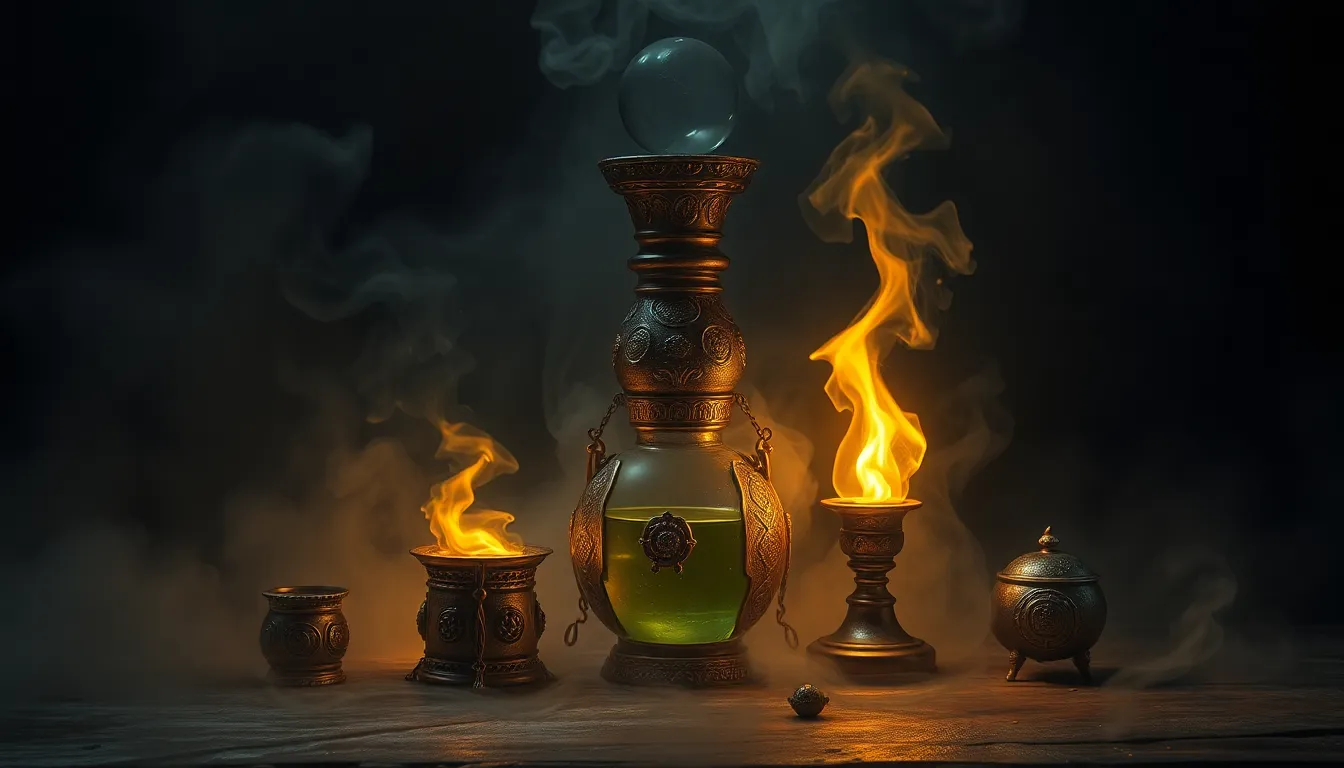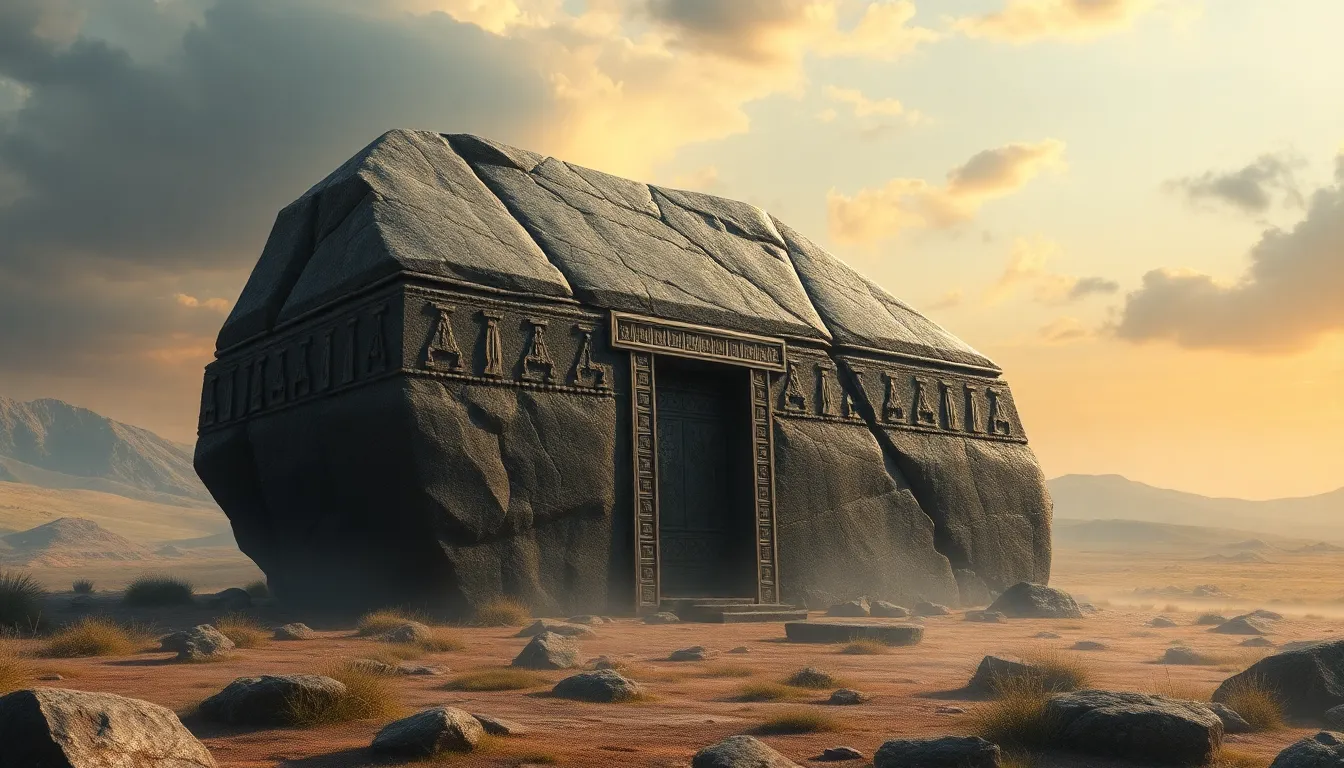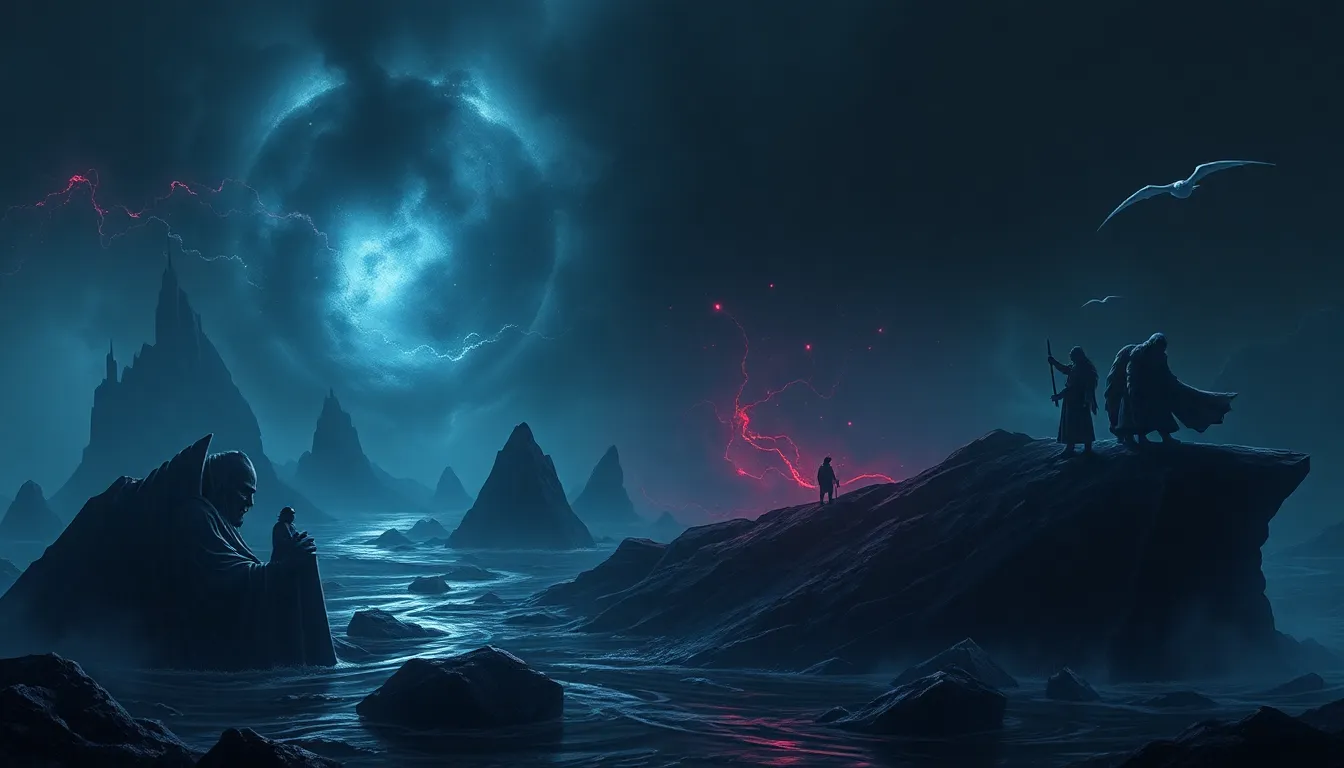The Concept of Fate and Fortune in Norse Mythology
Understanding the Notions of Fate and Fortune in Norse Mythology
In Norse mythology, the concepts of fate and fortune play crucial roles in shaping the lives of both gods and mortals. Fate, known as “Wyrd” in Old Norse, represents the predetermined destiny that governs all beings. The belief in fate suggests that events are already foreseen and inevitable, emphasizing a sense of destiny and inevitability in the Norse worldview.
The Norns: Weavers of Fate
At the center of Norse fate are the Norns, three powerful female entities who control the destiny of individuals and the cosmos. These beings, named Urd, Verdandi, and Skuld, are responsible for weaving the threads of fate that determine the past, present, and future. Their intricate tapestry governs the lives and actions of all creatures, including the gods themselves.
Fortune and Luck in Norse Mythology
Alongside the concept of fate, Norse mythology also encompasses the idea of fortune and luck. While fate represents the predetermined path, fortune, or “hamingja” in Old Norse, signifies the influence of chance and individual agency. It is believed that individuals possess their own personal hamingja, which can bring them luck, success, or adversity based on their actions and choices.
Embracing Fate and Fortune
Norse mythology teaches that while fate may be predetermined, individuals still have the power to shape their own destiny through their actions and decisions. By acknowledging the role of both fate and fortune in their lives, followers of Norse mythology strive to navigate the intricate web of destiny with courage, wisdom, and a readiness to accept whatever the Norns decree.
FAQ About the Concept of Fate and Fortune in Norse Mythology
What is the significance of fate in Norse mythology?
In Norse mythology, fate, known as “Wyrd” or “Orlǫg,” is a concept that highlights the idea of predetermined events that shape the lives of gods and humans alike. It emphasizes a sense of inevitability and the interconnectedness of past, present, and future.
How do the Norns relate to fate in Norse mythology?
The Norns are female beings who control the destinies of gods and men by carving runes into the trunk of Yggdrasil, the World Tree. Urd, the Norn of the past, represents what has been; Verdandi, the Norn of the present, signifies what is happening; and Skuld, the Norn of the future, dictates what will occur, symbolizing the cyclical nature of fate.
Is there room for free will in Norse mythology alongside the concept of fate?
While Norse mythology acknowledges the power of fate, it also recognizes the importance of individual choices and actions. Though fate sets the groundwork for events, individuals can still exercise free will within the parameters of their destined path, making choices that influence their ultimate outcomes.



